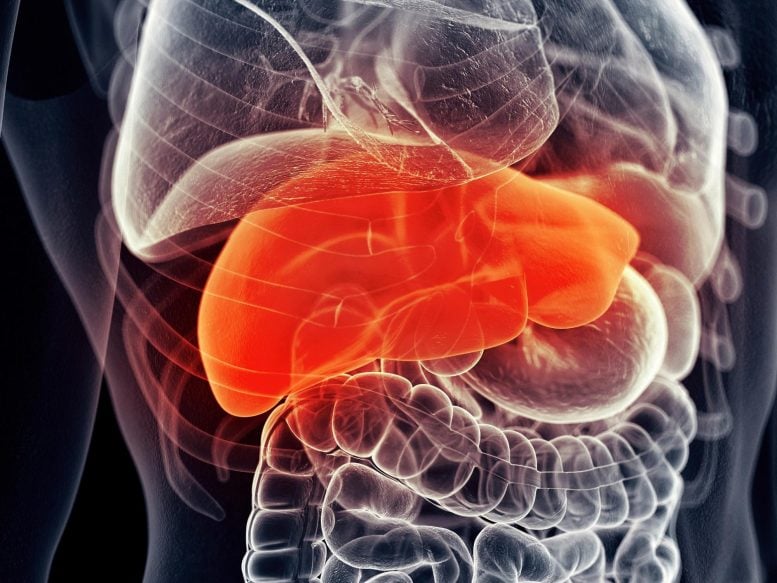
Scientists found that a drug, Pegozafermin, which mimics the body’s hormone, improved liver fibrosis and inflammation in NASH patients. Currently, there are no FDA-approved treatments for NASH, a common and often silent liver disease.
In a nationwide, multi-center clinical trial, scientists identified a promising new drug medication that improved liver fibrosis in NASH patients by 27%.
Scientists from the University of California San Diego School of Medicine have led an investigation into a promising treatment for individuals with NASH-related fibrosis.
The findings, recently published in The New England Journal of Medicine, indicate that a drug that mimics a hormone in the body improved both liver fibrosis, or scarring of the liver, and liver inflammation in patients with NASH.
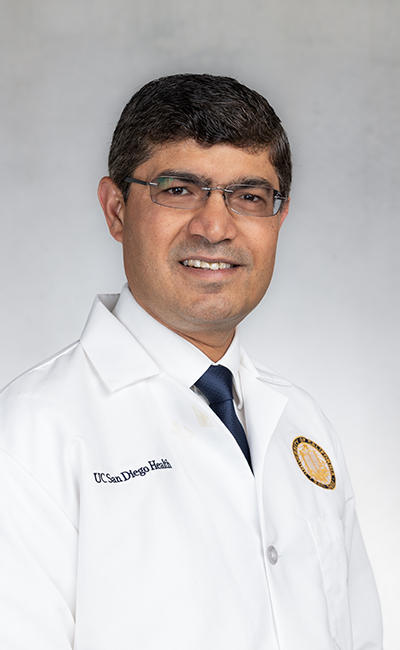
Rohit Loomba, MD, the study’s first author and chief of the Division of Gastroenterology and Hepatology at UC San Diego School of Medicine. Credit: UC San Diego Health
“Identifying an effective drug for NASH is extremely promising for patients as currently there are no FDA-approved therapies for this condition,” said Rohit Loomba, MD, the study’s first author and chief of the Division of Gastroenterology and Hepatology at UC San Diego School of Medicine. “NASH can adversely impact the quality of life in patients and can progress to cirrhosis. Its complications can lead to death or liver transplantation.”
“Our findings will further the science of this disease and provide a potential new treatment option to those affected by NASH-related fibrosis.”
The researchers found that the drug, called Pegozafermin, mimicked fibroblast growth factor 21 (FGF21) — a liver-secreted peptide hormone that is naturally produced in the body.
FGF21 controls energy use in the body and lipid metabolism in the liver. It has also been shown in previous studies to lower blood glucose and insulin levels, reducing body weight and liver fat.
“The study’s results show that the new potential treatment not only improves fibrosis but also improves inflammation and liver injury along with significant improvements across multiple non-invasive biomarkers of NASH activity and scarring,” said Loomba, gastroenterologist, and hepatologist at UC San Diego Health.
The 24-week, randomized clinical trial involved 222 participants with NASH assigned to either receive the drug or a placebo.
Of the patients who received the drug at a higher dose, approximately 27% showed an improvement in liver fibrosis, relative to 7% of the patients who received the placebo. The most frequently reported side effect from the drug was gastrointestinal in nature, including nausea.
Currently, there are no medications approved by the U.S. Food and Drug Administration available for the treatment of NASH, which is a type of nonalcoholic fatty liver disease (NAFLD).
According to the National Institutes of Health, approximately 24% of U.S. adults have NAFLD, and about 6% have NASH.
NAFLD and NASH are considered silent diseases with little to no symptoms; however, individuals who are overweight, have type 2 diabetes, or have a family member with NAFLD are at a higher risk of developing the disease. NAFLD — which is an umbrella term for a range of liver conditions affecting people who drink little to no alcohol — can lead to cirrhosis, liver cancer, and liver failure.
Loomba adds next steps for this research will be a larger, multi-center, international trial with a more diverse patient population and a longer treatment period to better assess the safety of the drug.
“If successfully shown to be both safe and effective in a larger Phase 3 trial, this drug could be used to treat millions of patients with NASH, including our patients at UC San Diego Health,” said Loomba.
Reference: “Randomized, Controlled Trial of the FGF21 Analogue Pegozafermin in NASH” by Rohit Loomba, M.D., M.H.Sc., Arun J. Sanyal, M.D., Kris V. Kowdley, M.D., Deepak L. Bhatt, M.D., M.P.H., Naim Alkhouri, M.D., Juan P. Frias, M.D., Pierre Bedossa, M.D., Ph.D., Stephen A. Harrison, M.D., Donald Lazas, M.D., Robert Barish, M.D., Mildred D. Gottwald, Pharm.D., Shibao Feng, Ph.D., Germaine D. Agollah, Ph.D., Cynthia L. Hartsfield, Ph.D., Hank Mansbach, M.D., Maya Margalit, M.D. and Manal F. Abdelmalek, M.D., M.P.H., 24 June 2023, New England Journal of Medicine.
DOI: 10.1056/NEJMoa2304286
The study was funded by 89bio, ENLIVEN, and the National Institute of Diabetes and Digestive and Kidney Diseases.


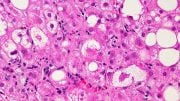
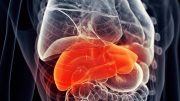
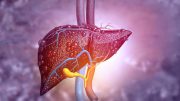
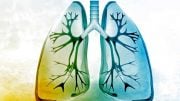
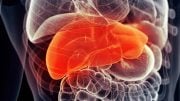


Please update me of the liver disease drug “Pegozafermin”. I have NASH and liver fibrosis.
I am willing to apply on the clinical trials for liver disease.